Sessions / Zoom 11
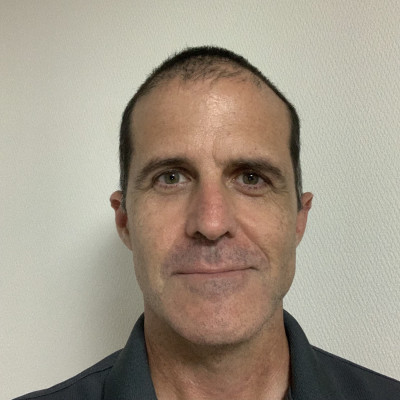

Form(al) English: Online MS/Google Forms for online authentic listening activities #857
In online and regular teaching, there is often a need for authentic listening homework that is tailored to the students, teacher, and textbook. However, the logistics required to create, administer, and evaluate such activities can be overwhelming. This workshop will focus on the use of teacher-created audio and video with Google Forms and Microsoft Forms to easily and quickly meet the above need. The pros and cons of different methods of assessing will also be discussed. Participants will leave with an understanding of the different systems and which would be the most appropriate for their teaching situation.

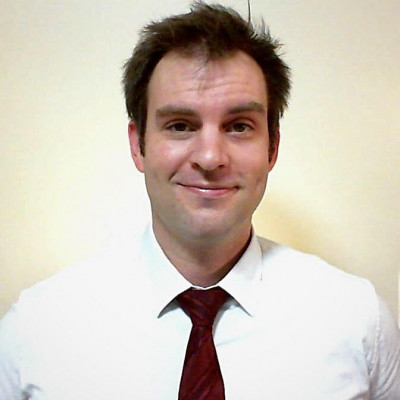
A Method for Scoring Short-Answer Questions on Google Forms (in Large Classes) #858
The main takeaway from this workshop will be the know-how of making and scoring exercises which utilize the short answer type of question on Google Forms. Unlike simple multiple-choice questions which are straightforward, scoring short answer questions can be highly problematic. The presenters will demonstrate a technique for approaching this issue in a systematic way which saves time and results in a more objective assessment. This method works for classes of any size and with any content, but as a case study, we will look at how it can be implemented in a test preparation class with over 40 students.

Lighten the Load – Computer-Scored Assignments in Moodle #853
While it is relatively effortless to assign online language tasks to students, the organization and evaluation of incoming assignments can quickly overwhelm teachers. A number of computer-assisted scoring tools exist to help facilitate the evaluation of student work. This practical workshop will introduce a range of language learning tasks that make use of computer-assisted scoring within a Moodle course. The presenter will first introduce computer-scored credit/no-credit tasks, as well as auto-scored reading and listening tasks. But more importantly, participants will gain a better understanding of how to administer computer-scored speaking and writing tasks. The presenter will also illustrate how peer-feedback and self-reflection tasks can be administered and shared among students.

Using Showbie to Improve Your Digital Workflow #861
Do you spend a lot of time assigning, grading, and distributing homework in paper copies? Do you want to improve your workflow so you can focus more on teaching and planning your lessons? In this workshop, participants will be guided through the basics such as setting up classes, creating assignments, adding and sharing materials, and providing feedback using the built-in features of the app. This workshop will be useful for novice educators who would like to explore new ways to incorporate digital workflow in their classes. Attendees are encouraged to bring internet-connected devices to participate in this hands-on workshop.

Visual Storytelling with Keynote #864
Visual Storytelling is becoming more prominent in business and educational circles. With a little knowledge of what Keynote has to offer, you can inspire students to tell their stories in a visual way. Participants of this workshop will learn some Keynote tips and tricks to create and export a Visual Narrative of their own. The session will also show some sample works and there will be some discussions on how this approach can help language learners of all ages from young learners to university students to foster their creativity.

Tech Tools and Techniques for Remote Teaching #865
This year has seen a complete change in the way we teach languages. This workshop will look at methodologies suitable for these times. First, the presenter will explain ways to successfully recreate familiar classroom activities, such as pairwork, mingling, group discussions, PowerPoint presentations, etc, in video applications like Zoom. Second, the presenter will explain how to create materials suitable for remote teaching, using familiar Microsoft applications, such as Word and PowerPoint. Third, various tech tips, including lesser known Microsoft tricks, will be shared. It is hoped that participants will leave the workshop with many new tech and teaching skills.
Union Women in a Community of Practice #748
Teachers’ unions have yet to achieve gender parity. This gap widens further in the leadership. Therefore, unions should encourage women to participate in union activities. Lave and Wenger’s (1991) community of practice (CoP) framework is one way of explaining how female foreign language teachers participate in their union. Newcomers become more experienced and become core members. In this presentation, I will share preliminary data on how women participate in their CoP in their labor union.

Peer Feedback Training Through Mobile Technology #432
Peer feedback is a popular method for involving students in the formative assessment process, yet students often struggle to provide adequate feedback for their partner(s). One reason for this is that generating feedback is a skill requiring training and practice to improve. This workshop will demonstrate how the web-based application Pear Deck can be used to train students to generate productive feedback for their partner(s) and improve the pedagogical benefit of the activity.

Latest Information on the TOEFL Test #779
Promotional Visit the CIEE pageTOEFL®テストは米国ETSが1964年に運用開始以降、世界中で3500万人が受験した、もっとも実績あるアカデミックテストです。本年は新型コロナウイルス感染の広がる中、TOEFL®テストは従来の形式を超えた様々な取り組みを行いました。活用状況等を含め、TOEFL®テストの最新情報をご紹介します。

How to Become an IELTS/TEAP Examiner #529
Promotional Visit the Eiken Foundation pageThis presentation aims to provide information on the speaking part of the IELTS/TEAP test, and on how you can become an examiner of these English proficiency tests. This year, Eiken Foundation of Japan is operating the TEAP test in 23 cities in Japan, and IELTS in 16 cities. As the number of test candidates/venues is rapidly growing every year, we are seeking new examiners all over Japan.

Principles for Classroom Assessment #479
In this presentation we first consider the role of assessment in the context of an educational curriculum. We then consider principles that can guide classroom assessment, including assessing learners in ways that achieve greater fairness, using assessment results to guide future learning, involving learners in the assessment process, and relating assessment to student motivation. Finally, we provide an example of how the principles can be applied to a second language university reading course.

Perceptions of Peer Assessment of Presentations #647
The findings of a one-year study will be presented in an attempt to discover how Japanese university EFL students feel about peer assessing their classmates’ oral presentations. Data was obtained through a survey that was administered at the end of the first semester as well as at the conclusion of the one-year course to determine student perceptions of this important form of formative assessment.

Perspectives on English Learner Corpora #552
The presentation highlights innovative graduate research on learner corpora. The topics include: studying complexity through word class frequency; a perspective on language development as both loss and growth; considerations of what learners do not say; using a Pattern Dictionary to assess learner writing; and an influential approach to assessing correctness in learner writing. The presentation concludes with a discussion of what the learner corpus studies can contribute to the broader field of Corpus Linguistics.
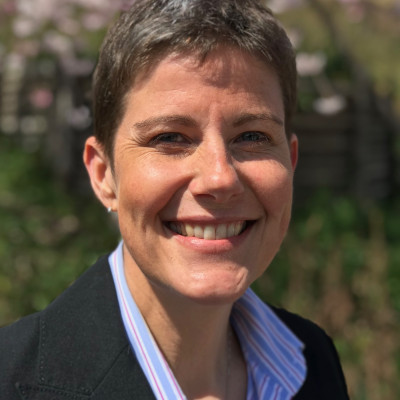

A Multimodal, Longitudinal Corpus Project #717
This talk introduces a project to create a multimodal, longitudinal learner corpus to be made available to researchers both in and outside the creators’ university setting. The corpus design includes two years of longitudinal learner data from a university English language program including three modes of communication: discussion, presentation, and academic writing. This type of data can be used to conduct cross-modal studies, investigate longitudinal trends or, in combination with other corpora, contrastive interlanguage analysis.

Using a Corpus in the Language Classroom: SkELL #427
Sketch Engine for Language Learning (SkELL) is a word search tool which can be accessed for free and without registration online. Due to its simplicity compared with other corpora, it is well suited to use in the language classroom. This workshop will include explanations of how SkELL works and how it might be utilized in lessons, while there will be a chance to try the application for yourself.

Lexical Phrases in a Longitudinal Learner Corpus #539
This presentation summarizes the findings of a research project tracing lexical phrases (n-grams used for metadiscoursal and signposting functions) used in learner academic writing over a two-year English for academic purposes program. It focuses on how the number, range and accuracy of lexical phrase use changed. Particular aspects of the methodology and curriculum that may have influenced these changes will be discussed as well as the implications of this study for future work.


Developing a Multimodal Learner Corpus #716
This pilot study looks at the extent learners’ L2 vocabulary affects lexical diversity across academic writing, academic presentation (written for speaking), and academic discussions. This was done by examining the relationship between students’ (n=46) L2 vocabulary size, as measured by Webb, Sasao, and Ballance’s (2017) updated vocabulary levels test (uVLT), and the lexical diversity of their texts over the three modes of production as measured by McCarthy’s (2005) measure of textual lexical diversity (MTLD).
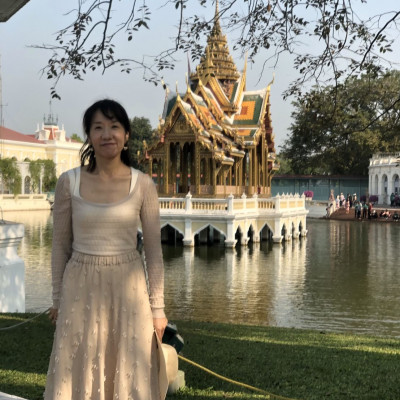
A Multimodal Approach to Enhancing EFL Reading #639
This study explores how linking text and image modalities in language learning may support reading comprehension and richer meanings to be generated among EFL sophomore students. The experimental group resorted more to Collocate (i.e., ideas that naturally co-occur) and Antonym (i.e., making contrast), other than Repetition, in interpreting the images and so presented richer meanings than the control group.

9 Principles for Rubric Design in EFL #377
Developing assessment methods in EFL is a daunting task, but in this workshop, an explanatory and integrative set of nine principles for rubric design will be described. They are: exhaustiveness, deterrence, representativeness, customizability/adaptability, preemptive normalization, justifiability, transparency/communicability, accountability and formative feedback. Using as an example a set of rubrics that were custom-designed for speaking tests, these principles will be explained to assist language teachers in the design/customization of assessment criteria.

The Role of Vocabulary Use in EFL Essay Writing #682
This presentation will deal with the role of vocabulary in EFL essay writing. When assessing vocabulary in learners’ essays, raters and the instructors should take into consideration the relation between passive and active vocabulary knowledge. Based on the result of data analyses, the presentation will discuss the construct reflecting the continuum of these two types of vocabulary knowledge and the possibility to convert vocabulary use from passive to active.
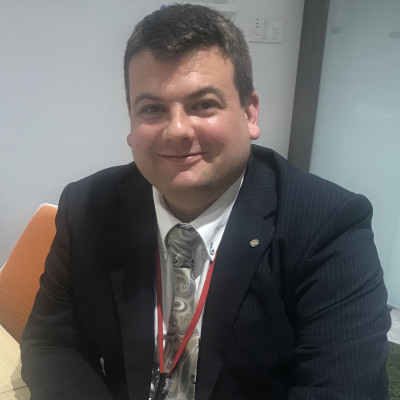
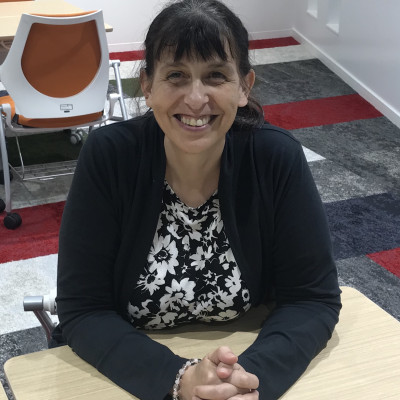
Steps to a Successful CEFR-Aligned Placement Test #496
In this presentation, two university educators will discuss from a practical perspective, the methodologies involved in designing, implementing, and evaluating a CEFR-aligned placement test for 1st-year and 2nd-year non-English majors students at a Japanese university. This presentation explains the challenges involved and the solutions undertaken in moving from an official third-party exam to an original CEFR-aligned exam.
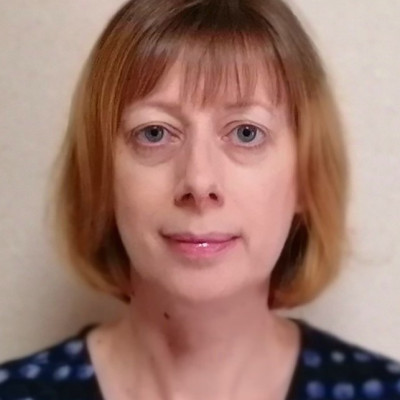
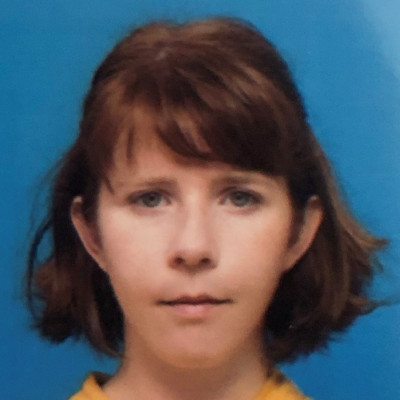
Forming a Research Community in the Workplace #733
The presenters will describe a research project they undertook with four classes of students at a university in Japan. Although the hypothesis was not supported by the results, separate analyses for each class showed that there were opposing outcomes between classes. The presenters will discuss what they learned from the collaboration, how working together improved the quality of the research, and share advice for other teachers who wish to conduct research with their colleagues.

Classroom Pilot Study on Semi-Repeated Reading #537
A classroom pilot study with university students in Japan was conducted using “choose your own adventure” style graded readers that allow for some repeated and new reading content in each session. Quantitative data on reading speed and vocabulary; and qualitative data on reading motivation was collected. Reading speeds increased and unknown vocabulary decreased with each session; however, recognition was not entirely retained on post-tests. Reading anxiety decreased while desire to read more increased.

Leading Change Through Design-Based Research #611
This presentation uses principles of design-based research to explain the development of a course titled “Presentation & Debate” at a midsize university. Working with the students, the researcher answered key pedagogic decisions including the scheduling and selection of captains, teams, debate topics, and evaluation criteria. Through cycles of iteration, this led to the design of a guide for students to develop and articulate their ideas in a formal debate.

A Medical Improv Workshop #364
English skills have become essential for medical professionals across the world. The presenter will first describe a series of courses for medical staff at a university hospital in Japan which focused on developing English communicative competence. Participants will then be introduced to the concept of Medical Improv and experience several exercises in pairs and groups. These exercises have applications for both English for specific purposes and general English courses at the university level.